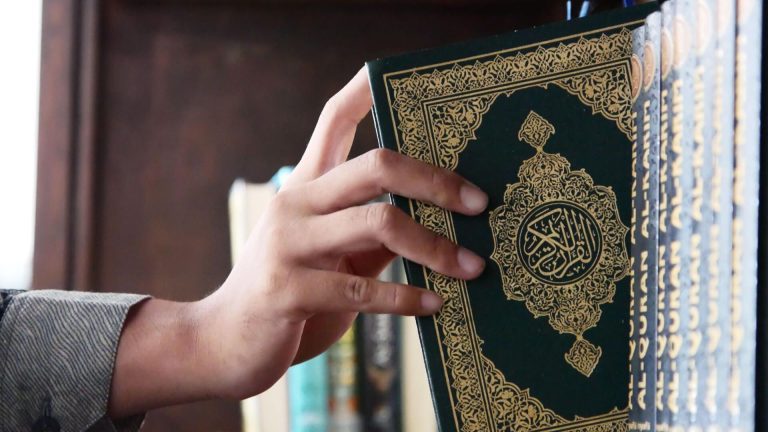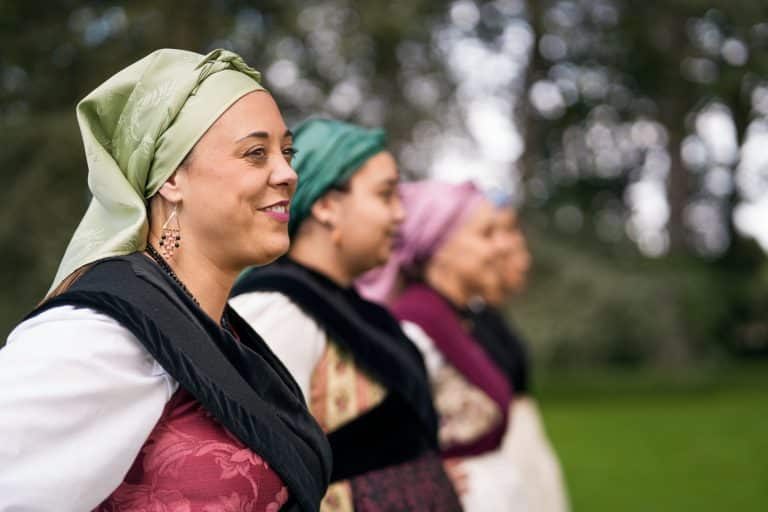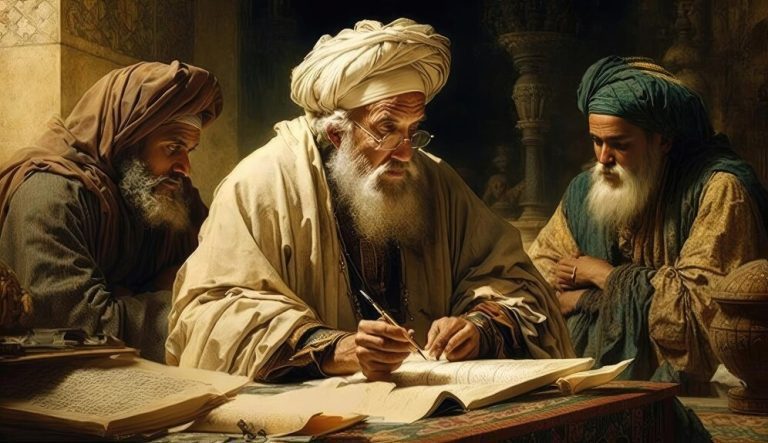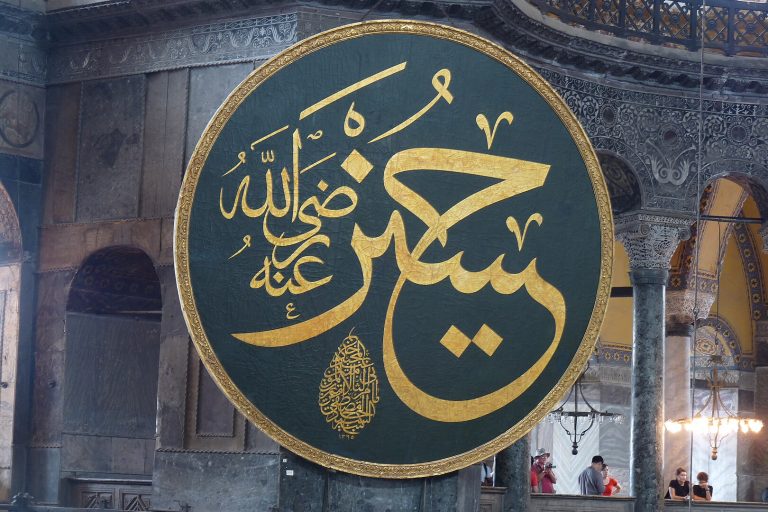The Teachings of Prophet Muhammad (PBUH): the Path to Spiritual Enlightenment
Discover the profound teachings of Prophet Muhammad (PBUH) that transcend time and culture. Learn how his wisdom impacts our lives today. Dive in now!
Introduction:
Delve into the profound teachings of Prophet Muhammad (PBUH) and uncover the timeless wisdom that continues to inspire millions worldwide. This comprehensive guide explores the life and lessons of the Prophet, offering insights into his noble character, ethical principles, and spiritual teachings. From compassion and justice to humility and piety, Prophet Muhammad’s (PBUH) teachings resonate across generations, providing a blueprint for living a fulfilling and righteous life. Join us on a journey of discovery as we explore the transformative power of his teachings and their relevance in the modern world.
The Life of Prophet Muhammad (PBUH):
Prophet Muhammad (PBUH) was born in the city of Mecca in 570 CE. His early life was marked by honesty, integrity, and a deep sense of spirituality. At the age of 25, he married Khadijah (RA), a wealthy widow known for her intelligence and generosity.
Early Life:
Prophet Muhammad (PBUH) grew up orphaned under the care of his grandfather and later his uncle. Despite the challenges, he earned a reputation for his honesty and integrity, earning the title of Al-Amin, the trustworthy.
Marriage to Khadijah (RA):
His marriage to Khadijah (RA) was a union based on love, mutual respect, and companionship. Khadijah (RA) played a pivotal role in supporting Prophet Muhammad (PBUH) during the early years of his prophethood.
Prophethood and Revelation:
At the age of 40, Prophet Muhammad (PBUH) received his first revelation from the Angel Gabriel while meditating in the Cave of Hira. This marked the beginning of his mission as the final messenger of Allah.
Hijrah: Migration to Medina:
Persecution of Muslims in Mecca led to the migration of Prophet Muhammad (PBUH) and his followers to Medina in 622 CE. This event, known as the Hijrah, established the first Muslim community.
Farewell Pilgrimage:
Prophet Muhammad (PBUH) performed his farewell pilgrimage in 632 CE, delivering his famous sermon known as the Farewell Sermon. This pilgrimage emphasized the principles of equality, justice, and brotherhood among believers.
Ethical Teachings:
Prophet Muhammad (PBUH) exemplified the highest ethical standards, advocating for compassion, justice, honesty, humility, and patience.
Compassion and Mercy:
Prophet Muhammad (PBUH) was known for his boundless compassion and mercy towards all living beings. He emphasized the importance of showing kindness and empathy towards others.
Justice and Fairness:
Justice was a cornerstone of Prophet Muhammad’s (PBUH) teachings. He upheld fairness in all matters, regardless of a person’s social status or background.
Honesty and Integrity:
Prophet Muhammad (PBUH) upheld honesty and integrity in every aspect of life. He emphasized the importance of truthfulness and trustworthiness.
Humility and Modesty:
Despite his exalted status, Prophet Muhammad (PBUH) remained humble and modest. He taught his followers the virtues of humility and selflessness.
Patience and Perseverance:
Prophet Muhammad (PBUH) demonstrated immense patience and perseverance in the face of adversity. He encouraged his followers to remain steadfast in their faith and actions.
Spiritual Guidance:
The teachings of Prophet Muhammad (PBUH) offer profound spiritual guidance, emphasizing monotheism, prayer, charity, forgiveness, and the pursuit of knowledge.
Monotheism: Oneness of God:
Prophet Muhammad (PBUH) preached the Oneness of God (Tawhid), emphasizing the importance of worshipping Allah alone and avoiding all forms of idolatry.
Prayer and Worship:
Prayer played a central role in the life of Prophet Muhammad (PBUH). He established the five daily prayers as a means of maintaining a strong connection with Allah.
Charity and Generosity:
Prophet Muhammad (PBUH) encouraged his followers to be generous and charitable towards those in need. He taught that true wealth lies in giving for the sake of Allah.
Forgiveness and Tolerance:
Forgiveness and tolerance were key teachings of Prophet Muhammad (PBUH). He forgave those who wronged him and emphasized the importance of reconciling differences.
Seeking Knowledge:
Prophet Muhammad (PBUH) placed a high value on seeking knowledge. He encouraged his followers to pursue education and learning as a means of understanding the world and fulfilling their potential.
Social Justice:
Prophet Muhammad (PBUH) championed social justice, advocating for equality, the rights of women and minorities, and environmental stewardship.
Equality and Brotherhood:
Prophet Muhammad (PBUH) emphasized the equality of all believers, regardless of race, ethnicity, or social status. He promoted brotherhood and unity among his followers.
Rights of Women:
Prophet Muhammad (PBUH) granted women rights and protections that were revolutionary for his time. He affirmed their dignity, autonomy, and right to education and inheritance.
Rights of Minorities:
Prophet Muhammad (PBUH) advocated for the rights of minorities within the Muslim community, ensuring their protection and fair treatment under Islamic law.
Environmental Stewardship:
Prophet Muhammad (PBUH) taught his followers to respect and preserve the environment. He prohibited wastefulness and encouraged sustainable practices.
Leadership Lessons:
Prophet Muhammad (PBUH) provided timeless leadership lessons, emphasizing servant leadership, consultation, leading by example, and empowering others.
Servant Leadership:
Prophet Muhammad (PBUH) exemplified servant leadership, prioritizing the needs of his followers and leading by serving others.
Consultation and Decision-Making:
Prophet Muhammad (PBUH) valued consultation and collective decision-making. He sought the counsel of his companions and valued diverse perspectives.
Leading by Example:
Prophet Muhammad (PBUH) led by example, embodying the principles he taught and demonstrating integrity, humility, and compassion in his actions.
Empowering Others:
Prophet Muhammad (PBUH) empowered his followers to take on leadership roles and contribute to the community. He believed in nurturing the potential of every individual.
Family Values:
Prophet Muhammad (PBUH) emphasized the importance of strong family bonds, respect for parents, kindness to children, and harmonious spousal relations.
Respect for Parents:
Prophet Muhammad (PBUH) taught his followers to honor and respect their parents, recognizing the sacrifices they made for their children.
Kindness to Children:
Prophet Muhammad (PBUH) showed affection and kindness towards children, emphasizing the importance of nurturing their emotional and spiritual well-being.
Spousal Relations:
Prophet Muhammad (PBUH) promoted mutual respect, love, and kindness in spousal relations. He treated his wives with compassion and fairness.
Interfaith Relations:
Prophet Muhammad (PBUH) promoted dialogue, understanding, and respect for people of other faiths, fostering peaceful coexistence and cooperation.
Dialogue and Understanding:
Prophet Muhammad (PBUH) engaged in dialogue with people of different faiths, seeking common ground and promoting mutual understanding.
Respect for Other Faiths:
Prophet Muhammad (PBUH) respected the beliefs and practices of people from other faith traditions, advocating for tolerance and peaceful coexistence.
The Teachings of Prophet Muhammad (PBUH):
The teachings of Prophet Muhammad (PBUH) are encapsulated in the Qur’an and the Sunnah, providing guidance for all aspects of life.
The Importance of Sunnah:
Sunnah refers to the traditions and practices of Prophet Muhammad (PBUH), which serve as a practical example for Muslims to follow in their daily lives.
Following the Qur’an:
The Qur’an is the holy book of Islam, containing the revelations received by Prophet Muhammad (PBUH) from Allah. Muslims believe it to be the literal word of God and the ultimate source of guidance.
FAQs (Frequently Asked Questions):
What are the main teachings of Prophet Muhammad (PBUH)?
The main teachings of Prophet Muhammad (PBUH) revolve around compassion, justice, honesty, humility, and spirituality. He emphasized the importance of worshiping one God and treating others with kindness and respect.
How did Prophet Muhammad (PBUH) exemplify compassion?
Prophet Muhammad (PBUH) showed compassion through his interactions with others, including his enemies. He forgave those who wronged him and showed mercy towards all living beings.
Why is seeking knowledge important in Islam?
Seeking knowledge is essential in Islam as it leads to a deeper understanding of Allah’s creation and His divine guidance. Prophet Muhammad (PBUH) encouraged his followers to seek knowledge from cradle to grave.
What is the significance of the Farewell Pilgrimage?
The Farewell Pilgrimage was Prophet Muhammad’s (PBUH) final pilgrimage to Mecca before his passing. During this pilgrimage, he delivered his famous sermon, emphasizing the importance of unity, justice, and brotherhood among believers.
How did Prophet Muhammad (PBUH) promote social justice?
Prophet Muhammad (PBUH) promoted social justice by advocating for equality, fairness, and the rights of marginalized groups. He established laws and principles that ensured the equitable treatment of all individuals in society.
What lessons can we learn from Prophet Muhammad’s (PBUH) leadership style?
Prophet Muhammad’s (PBUH) leadership style was characterized by humility, consultation, leading by example, and empowering others. His leadership principles continue to inspire leaders around the world today.
Conclusion:
The teachings of Prophet Muhammad (PBUH) continue to illuminate the path to spiritual enlightenment and guide humanity towards righteousness and compassion. His timeless wisdom offers valuable insights into living a fulfilling and purposeful life, rooted in faith, integrity, and service to others.







